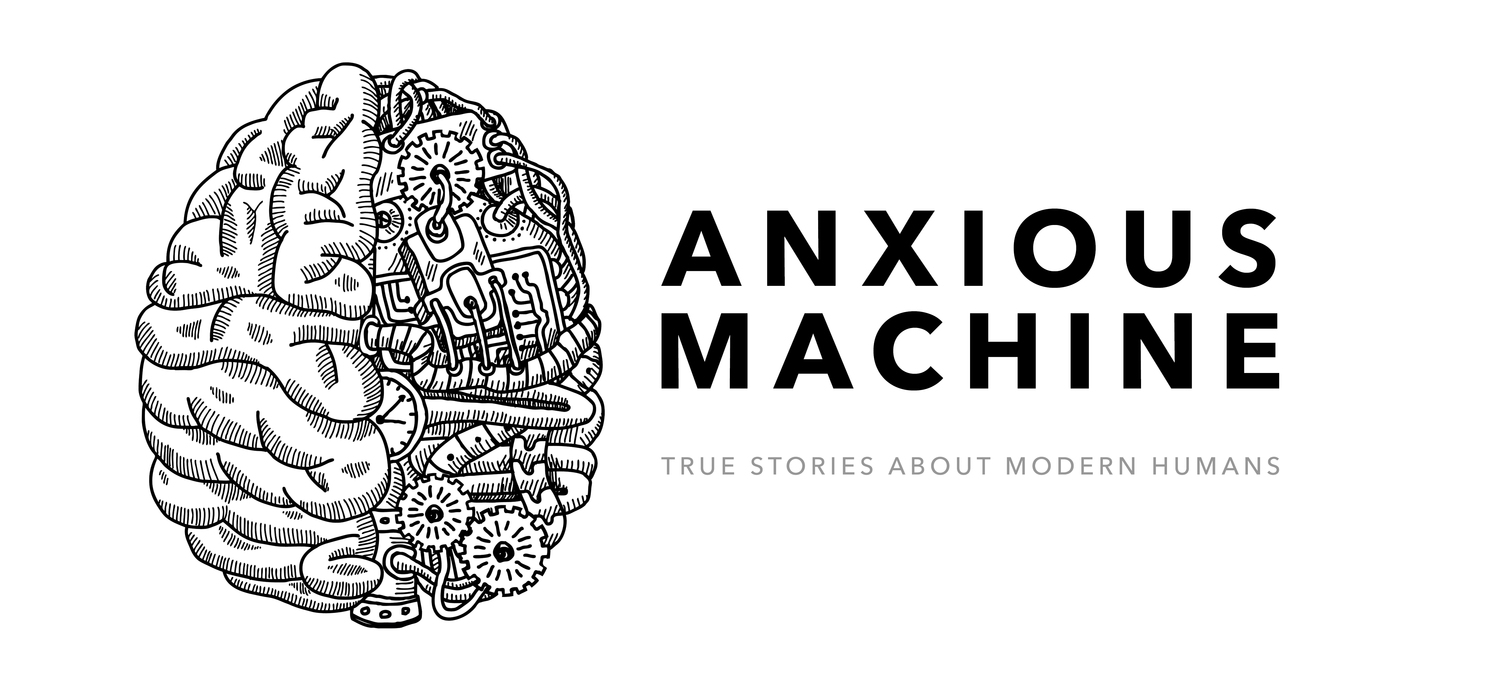Jody Rosen’s piece on The Knowledge (the legendary test London cabbies have to take to prove they’ve memorized every street, corner, landmark, and business location in their entire labrynthine city) is one of the most compelling works of journalism I've read in a long time. It teems over with fascinating details about the history of London, the history of this test, the people who take it, and the effect it has on their lives, down to the cellular level.
Eleanor Maguire, a neuroscientist at University College London, has spent 15 years studying cabbies and Knowledge boys. She has discovered that the posterior hippocampus, the area of the brain known to be important for memory, is bigger in London taxi drivers than in most people, and that a successful Knowledge candidate’s posterior hippocampus enlarges as he progresses through the test. Maguire’s work demonstrates that the brain is capable of structural change even in adulthood. The studies also provide a scientific explanation for the experiences of Knowledge students, the majority of whom have never pursued higher education and profess shock at the amount of information they are able to assimilate and retain.
Rosen makes the case that storing this vast array of knowledge inside the brain cells of living human beings is a noble pursuit even if technology can do it for us.
The Knowledge should be maintained because it is good for London’s soul, and for the souls of Londoners. The Knowledge stands for, well, knowledge — for the Enlightenment ideal of encyclopedic learning, for the humanist notion that diligent intellectual endeavor is ennobling, an end in itself. To support the Knowledge is to make the unfashionable argument that expertise cannot be reduced to data, that there’s something dystopian, or at least depressing, about the outsourcing of humanity’s hard-won erudition to gizmos, even to portable handheld gizmos that themselves are miracles of human imagination and ingenuity. London’s taxi driver test enshrines knowledge as — to use the au courant term — an artisanal commodity, a thing that’s local and homespun, thriving ideally in the individual hippocampus, not the digital hivemind.
